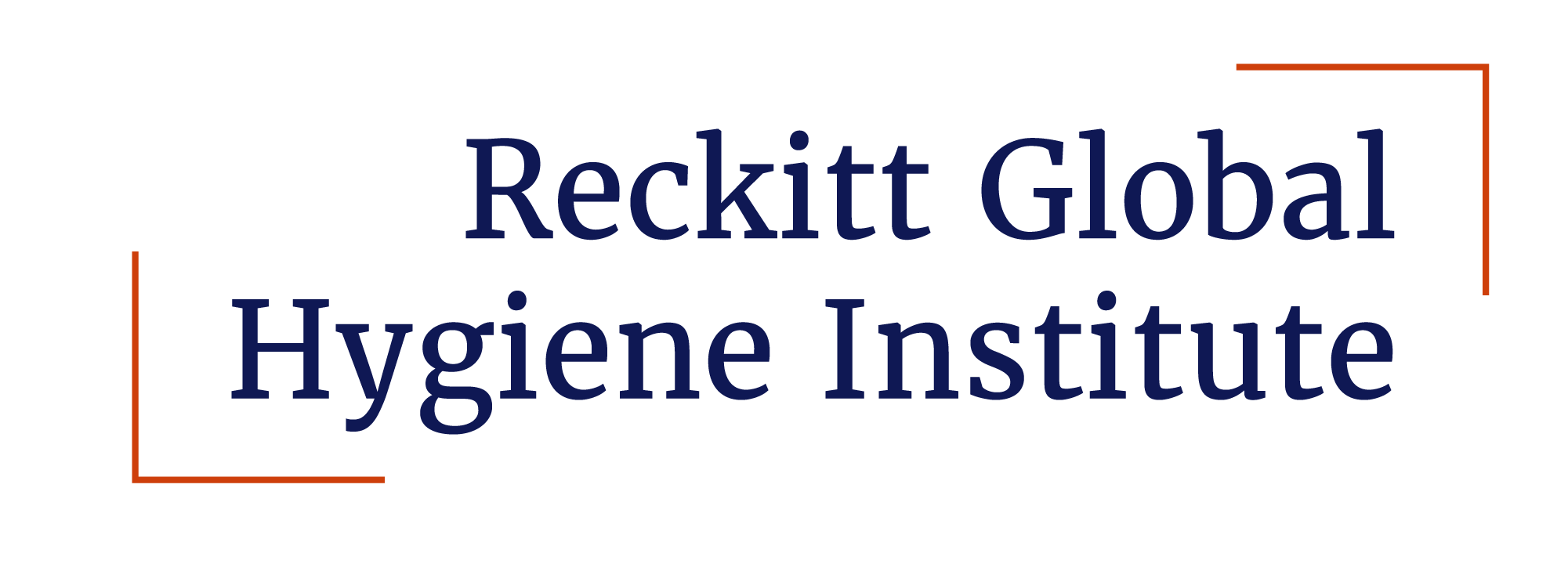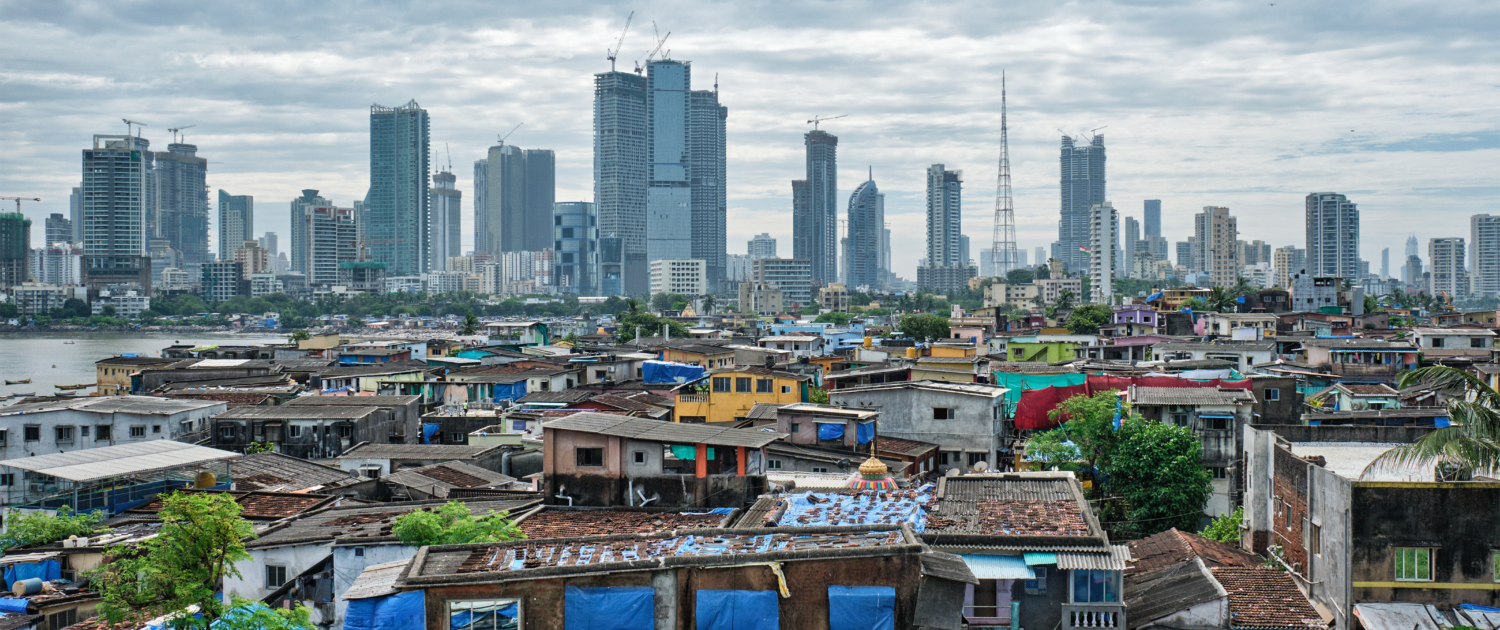Spotlights Series
Debayan Pakrashi, Sustainability of Hygiene Behaviours in Indian Slums
This week, we are proud to feature the work of Debayan Pakrashi, a recipient of the RGHI Innovation Grant, whose research is addressing a critical gap in hygiene practices in one of the world’s most challenging living environments – slums in India.
Slums, home to nearly one billion people globally, face severe challenges due to overcrowding and poor sanitation. Despite ongoing interventions, little is known about the sustainability of the hygiene behaviours in these environments. Debayan’s research aims to address this gap by examining the long-term impact of hygiene interventions and the role of social interactions in maintaining hygiene practices.
Through a follow-up survey of 1,300 mother-child pairs in urban slums, the research focuses on the effects of hygiene awareness and maternal well-being programs, three years after initial interventions. The team is also developing new techniques to measure hygiene behaviours and social interactions in these communities.
The research aims to assess the medium-term effects of hygiene interventions on behaviours and health outcomes, understand the role of social interactions in sustaining hygiene practices, and develop novel methods to measure hygiene behaviours and community dynamics.
From Sarah,“Understanding how hygiene practices endure in urban slums is key to creating lasting impact. By exploring the interplay between interventions and social dynamics, this research offers valuable insights into building healthier, more resilient communities.
Investing in hygiene is one of the most powerful and cost-effective strategies for improving global health outcomes. Poor hygiene remains a major cause of preventable illness and death, particularly among children, contributing to a substantial burden of disease worldwide. Hygiene has been instrumental in tackling some of humanity’s most significant health challenges. However, as new and emerging threats arise, we must accelerate our efforts to address critical hygiene gaps. By advancing hygiene research, building capacity, and translating evidence into policy, RGHI aims to drive transformative change, ensuring that hygiene continues to be a cornerstone of health resilience and disease prevention across the globe.”
Stay tuned for more updates in our Spotlights series.
Livia Mulligan, RGHI Communications Assistant
Read more about Debayan’s research in our research portfolio.


 Hand Hygiene in Dadaab Refugee Camps by Peter Mndanyi/CARE Kenya (CC BY 2.0 https://creativecommons.org/licenses/by/2.0/)
Hand Hygiene in Dadaab Refugee Camps by Peter Mndanyi/CARE Kenya (CC BY 2.0 https://creativecommons.org/licenses/by/2.0/)